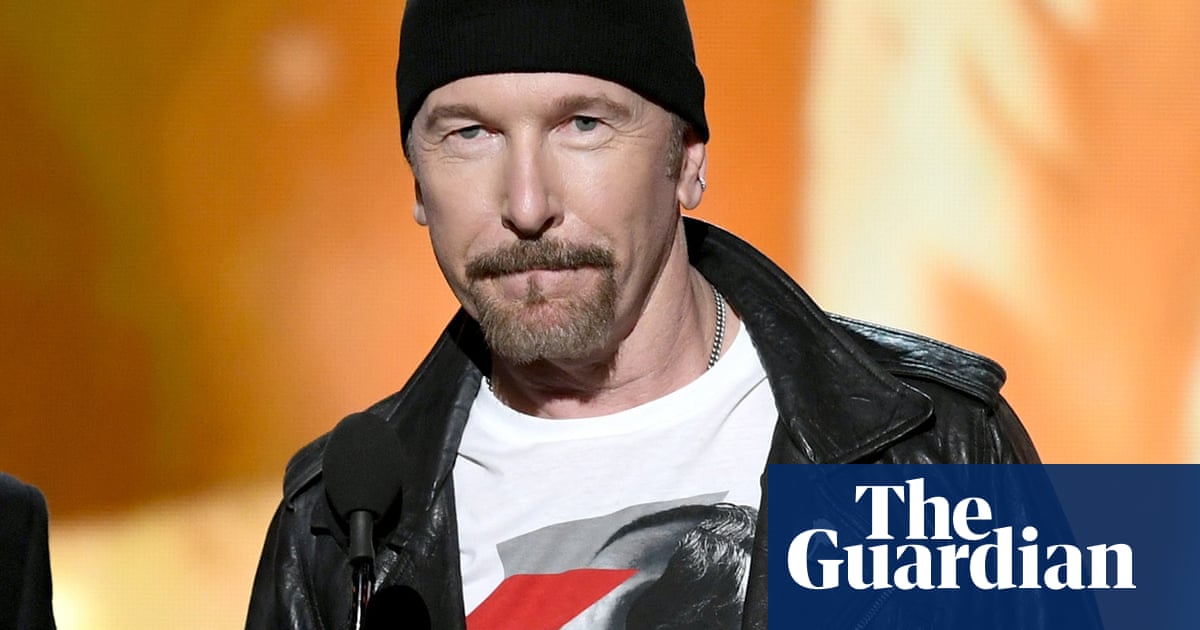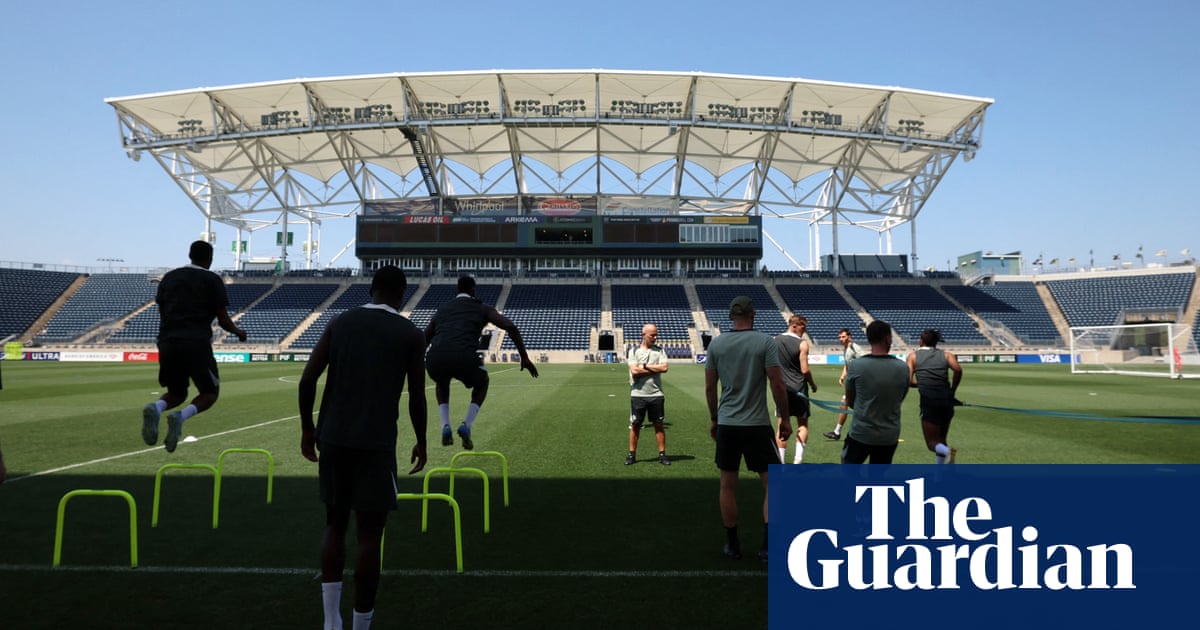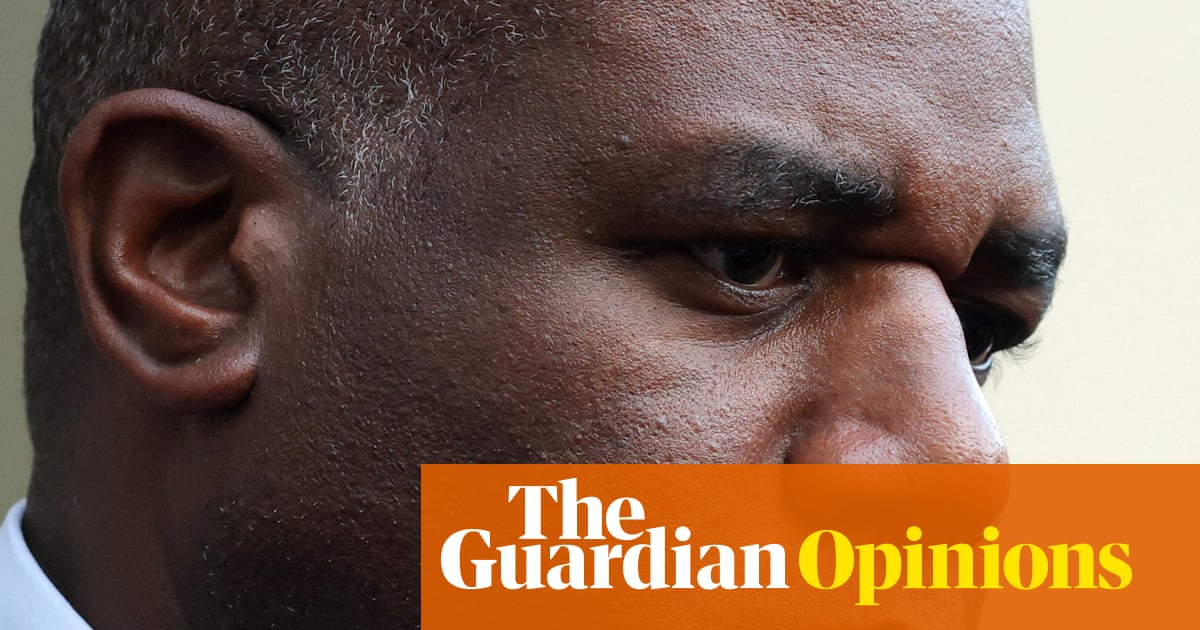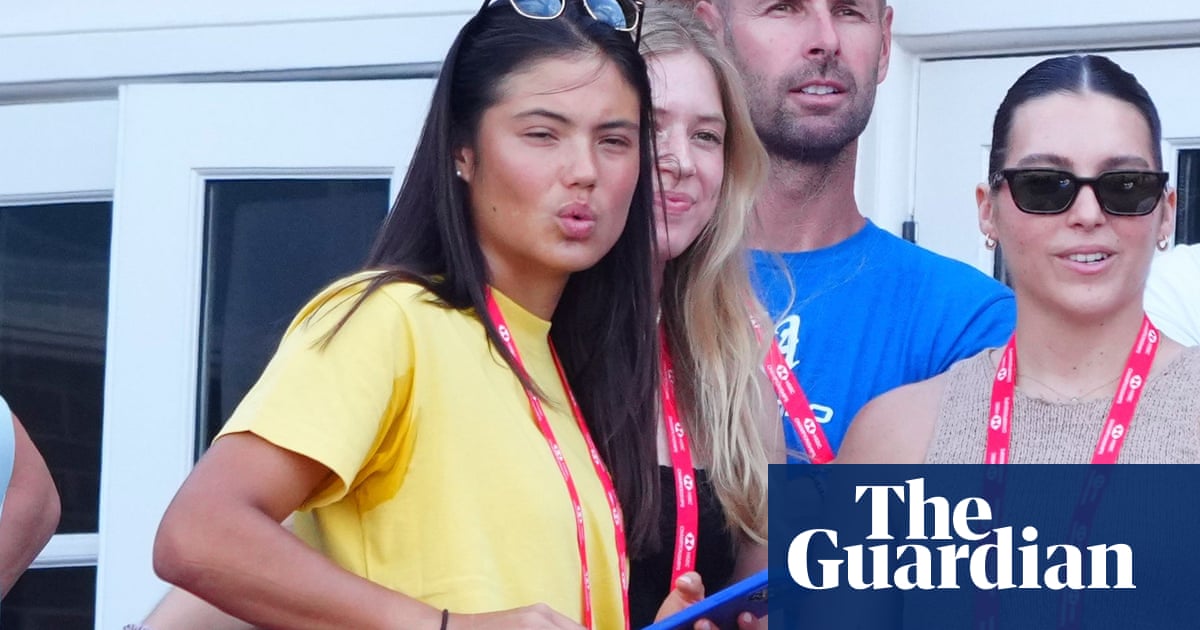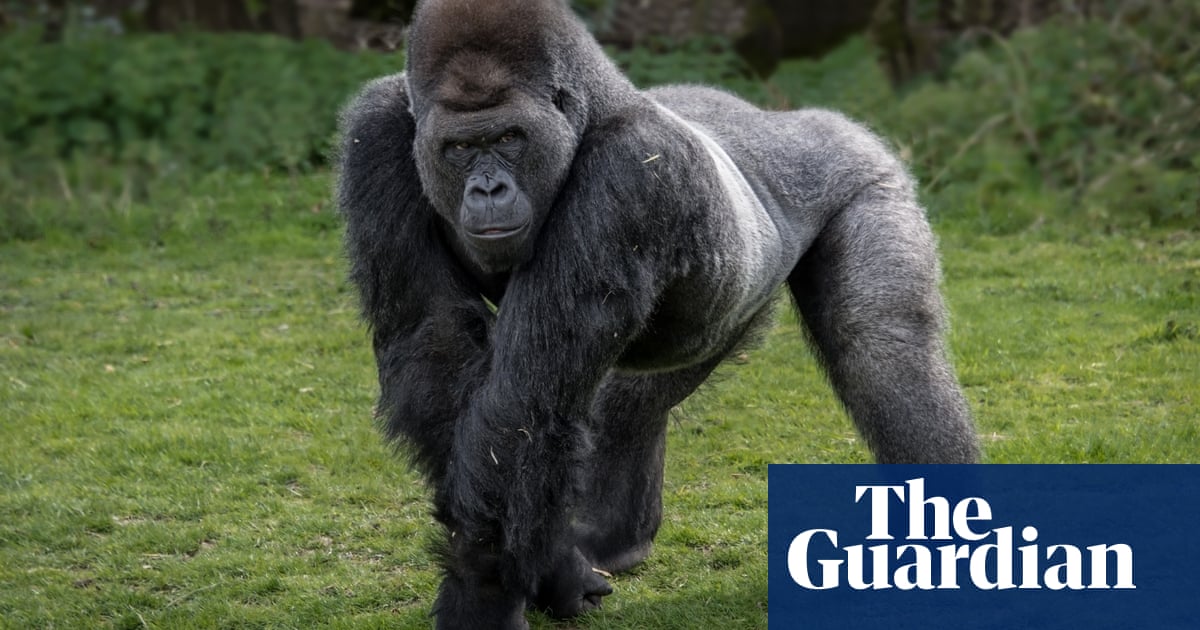On 5 February 2025 – coinciding with Women and Girls in Sports Day – Donald Trump signed an executive order barring trans athletes from competing in women’s sports. The move marked yet another aggressive shift of his legislative agenda, as he doubled down on anti-trans rhetoric, in which he has vowed to eliminate what he calls “transgender insanity”.
The next day college sports’ main governing body, the NCAA, said only women assigned female at birth would be able to participate under its umbrella. The organization oversees more than 500,000 athletes. Last year the NCAA’s president, Charlie Baker, said he knew of only 10 transgender athletes competing in the organization.
For many transgender athletes who aspire to turn professional or qualify for events such as the Olympics, Trump’s executive order, and the NCAA’s ruling, pose a considerable obstacle, halting their ability to pursue their careers and participate in sports. We spoke to athletes who have competed in the NCAA about how the ban has affected them.
Taylor Rey Narvasa, former NCAA volleyball player at the University of Washington, and current member of the North American Gay Volleyball Association
I was devastated. We all knew it was coming – it wasn’t necessarily a surprise – but there’s a difference between anticipatory grief and present grief. It made me feel awful, knowing my identity and existence are being debated every single day, with the rhetoric only intensifying.
I’ve always been a strong advocate, openly documenting my transition on social media. I understand why many people would want to step away, but for me, it pushes me to be even more visible. I wore my trans pride sweater to my [NAGVA] tournament in rural Washington yesterday because I refuse to be silent or make myself smaller. The goal of these attacks is to make trans people shrink themselves. That’s why I believe in taking up more space when I have the capacity. But I will say, my capacity has diminished – it wears on me. I have to be more intentional about where I invest my emotional energy, but at the end of the day, we’re just doing our best.
I consider myself a strong person, but even for me, this is incredibly difficult. I can’t imagine what it’s like for kids today – children in elementary and middle school who just want to play their sport. I grew up in a conservative, predominantly white community, always searching for belonging, and sports gave me that. To strip that away from people is devastating.
And the fact that this only targeted trans women – not trans men – was a red flag. The NCAA had governing bodies with rules in place, like requiring hormone treatment for a set period. Those regulations were working. But by banning trans athletes while also cutting off access to healthcare, the goal is clearly to erase trans people from every angle. People dismiss it by saying, “It’s just sports.” But for so many, it’s their livelihood, their escape, their mental health. Being on a court with teammates who affirm you is life-saving for some.
For me, volleyball saved my life. I wouldn’t be here without the chosen family I found in the sport, without having that space to exist without the weight of the outside world. But now, they’re stripping away access to both healthcare and sports. And no one is actually addressing the real threats to women’s sports: lack of funding, lack of access, predatory coaches. This was never about protecting women.
Meghan Alexandra Cortez, former NCAA swimmer at Ramapo College of New Jersey
Trump did exactly what he said he would. I knew it was coming. It’s just unfortunate. I think it was [the NCAA president] who mentioned how many trans athletes there actually are – [around] 10. I happened to be one of them at the time because they were using last year’s data. I barely knew any other trans athletes. I’d heard of them, but I wasn’t in contact with anyone. There was no one going through this experience with me. You’re completely isolated.
This outrage, from my experience, doesn’t exist. When you actually ask the swimmers – the ones directly impacted – nine times out of 10, no one cares. I didn’t start hormone therapy until the summer before my junior year. So when I was practicing in a women’s swimsuit, my body was becoming more feminine. That year was the hardest because I remembered how fast I was in high school and felt the difference. My speed and energy had changed as my biochemistry and body mass shifted. By my senior year, I was finally eligible to switch teams under the NCAA’s criteria – a year of hormones and a specific testosterone level, which varies by division and sport.
I saw what happened to [NCAA swimmer] Lia Thomas and felt something unsettling. She didn’t deserve it – she was just trying to be herself. That weighed on me as I transitioned hormonally, and I worried my success wouldn’t be attributed to my hard work or athleticism, but simply to being trans.
By my senior year, I knew something might happen. More people – like [swimmer] Riley Gaines and conservative media – were fear-mongering. At my first meet, I was nervous, but nothing happened. That reassured me until midseason. That’s when I blew up in the media, all because of Riley Gaines and others upset that I broke a school record by 0.6 seconds.
Competing again [after Trump’s order] hasn’t even crossed my mind – not just because of the social and legal barriers, but because I’ve reached a physical limit. Even if I could continue, I’d hesitate. It’s not my time. If anything, I’d wait three or four years before reconsidering. But honestly, it’s just not worth it. It’s not about letting them win or not taking a stand – I refuse to let them turn me into a spectacle for their messaging and propaganda.
Yes, it’s unfortunate I can’t compete at this level any more. What hurts most is that other trans athletes won’t get that chance. That’s a choice I thought I’d have to make when I was considering coming out. I chose my sport, and for a while, it broke me – I thought I could never be who I wanted to be. When I realized I didn’t have to make that choice, I felt nothing but joy. My fondest memories of swimming are from the moments I could be myself while doing what I loved. Now, others won’t get to experience that.
Mayumi Berry, former track athlete at Louisiana Tech University and The University of North Texas
I stopped running because I got to a point where I was sick of being misgendered. I ran men’s track – full sets, hair, everything. Outside of track, I lived my life as a woman, but I couldn’t be myself any more. That’s when I started medically transitioning. To run on a women’s team as a trans woman, I remember the requirements – you had to have bottom surgery, your hormones had to be at a certain level, and you had to have transitioned for a certain amount of time by a certain age. At Louisiana Tech, there were several conflicts around my gender and expression. I received a death threat from two teammates. The school handled it well, but they never renewed my scholarship.
People still think that even if you’re trans, the so-called male body is more powerful and capable of more harm. But we know hormones make your body less capable when transitioning from male to female. My entire track career, I daydreamed about going to the Olympics. I wouldn’t have won the Olympics, but I would have qualified if I had been able to run with people who looked like me. Every athlete dreams of being recognized, of being the best. And I could have been up there with the best if [the Trump administration] just let me compete. That’s part of why I didn’t want to run any more. I gave up on that dream. It’s fun to daydream about, but I’m not going to hurt myself wanting something I’ll never get.
I was the only trans person in the NCAA who ran track that I ever met or saw – on the men’s or women’s side. There aren’t even enough numbers for people to protest. The track community wouldn’t care [about protesting in support of trans athletes]. The only people who would are the ones directly affected. Looking back, when I was getting so much hate, I think the dream of the Olympics kept me going. Just knowing I was born to be an athlete made it feel worth it.

.png) 3 months ago
45
3 months ago
45




